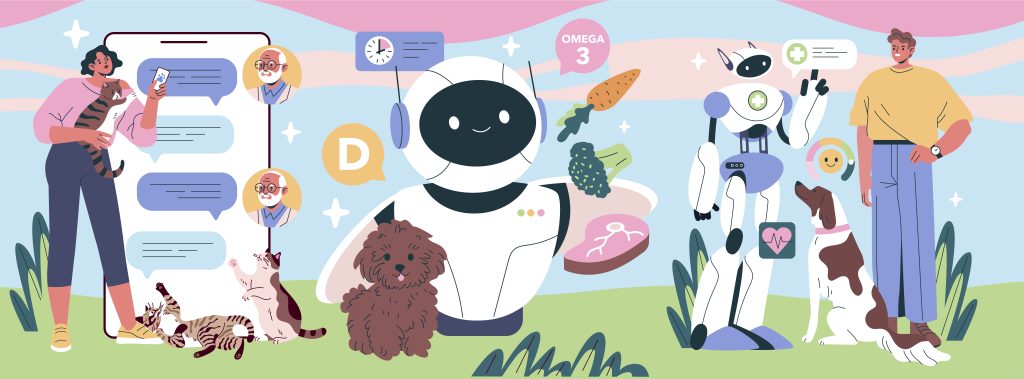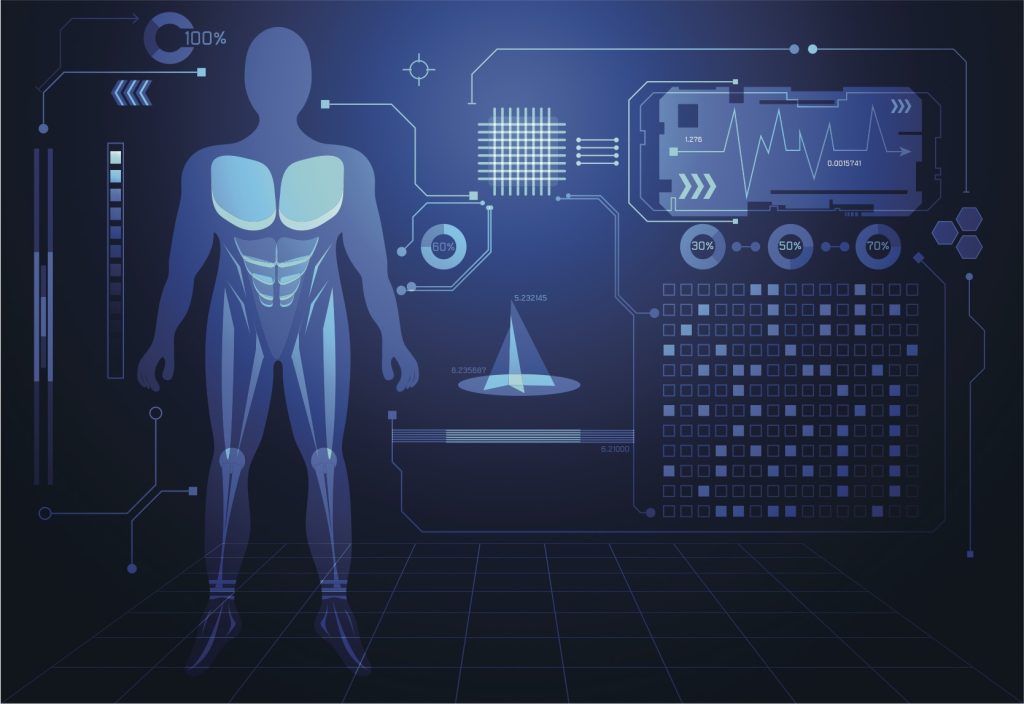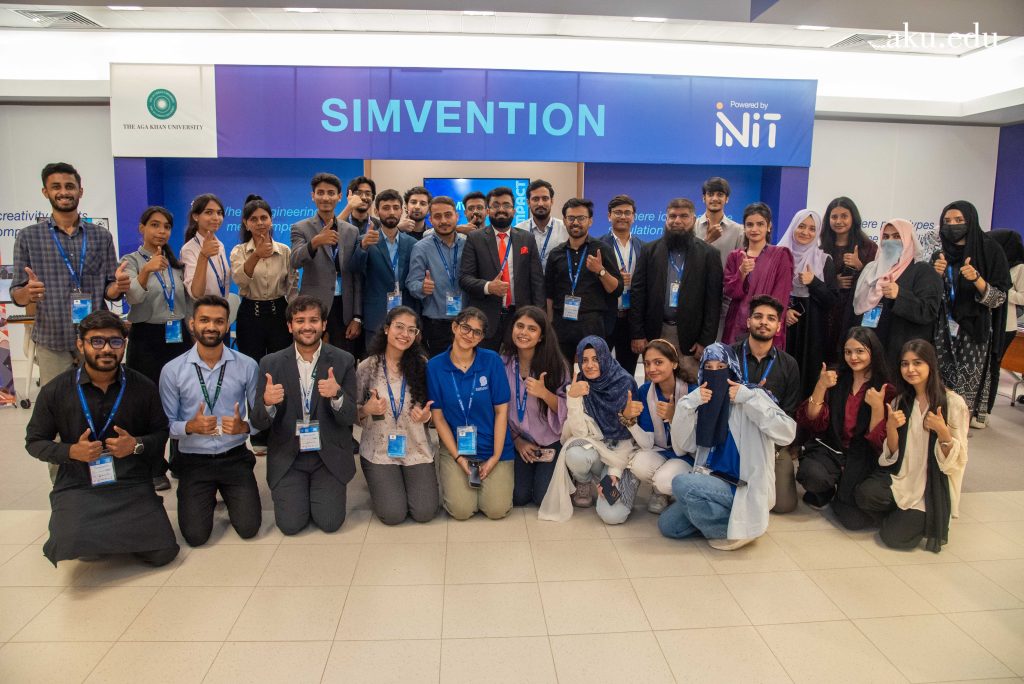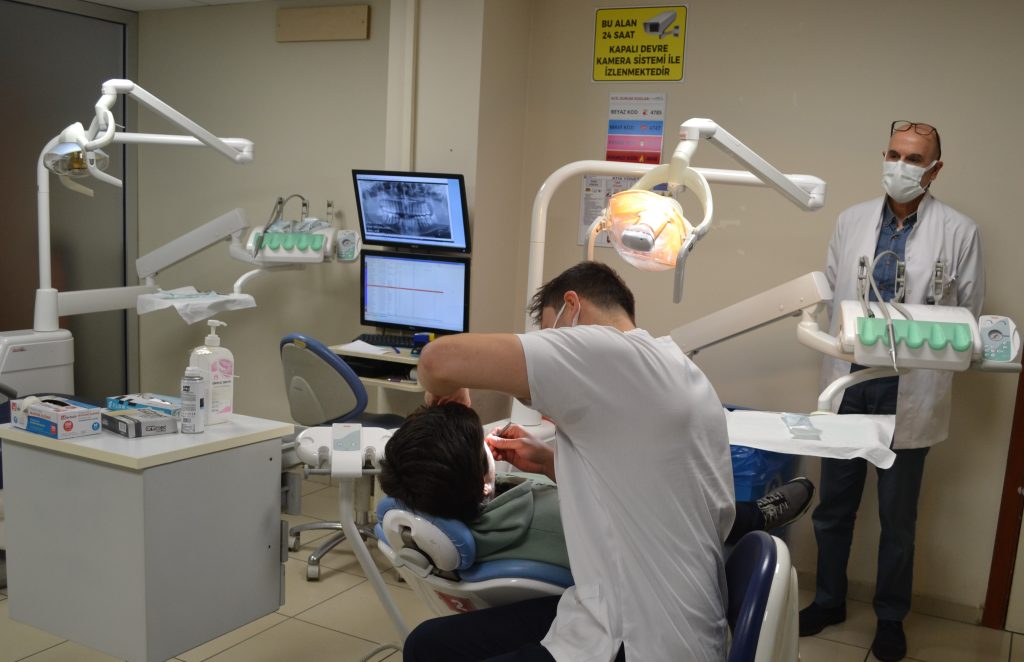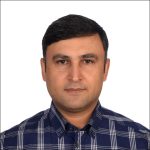Nabeela Sujee, simulationist from South Africa, explores 4 reasons to develop simulation as the Heart of Care in healthcare professional education
Monitors beeping in the background, alarms are going off, and the team in the room is frantically trying to resuscitate the patient on the bed. The resuscitation has been active for the last fifteen minutes and the team is yet to try and organize themselves so as to have a structured, collaborative approach to the management of this patient. The vital signs do not look promising and they have missed an important feature that will assist in managing this patient. Will the patient die? Will a senior arrive and help them to manage this case?
And PAUSE. Yes, PAUSE. Because this is a simulation.
This is a safe space for learning and a space where we have the opportunity and time to pause in order to reflect and redirect. A safe space that is created for a multitude of reasons. I will explore 4 of them. One is the clinical education aspect, the ways in which we can allow healthcare workers to develop their critical thinking and decision-making skills. The main reason for ensuring the patient is effectively managed. But there are also other reasons that are relevant to the health professions education field and importantly, the South African healthcare setting. This 2nd reason is that through simulation and immersing undergraduate students in clinical scenarios we afford them the opportunity to reflect on their “why”. Why is this their profession of choice, what is their value-add to the healthcare team and the healthcare system, and how can this insight and awareness of themselves and the team contribute to enhancing their professional identity, their duty to care and dismantle the hierarchies that exist in the system? Being a Clinical Associate (physician assistant/associate) by profession, a profession that is merely 11 years old in the country and still relatively unrecognized, has given me insight into the importance of students being aware of their context, and their purpose, ensuring inclusion for all.
The 3rd reason is that debriefing in simulation allows us to have conversations that engage participants on thought processes, assumptions, and emotional reactions. This is in an effort to transform the way we learn, to have the difficult conversations about power dynamics, race, gender, sexuality, cultural diversity. We are able to simulate and be critical of the healthcare system and the resource constraints that hinder delivering effective healthcare in South Africa. It also affords us the opportunity to dig deeper and discuss another “why” and to gain a sense of understanding and appreciation for where we are as a country, this “why” refers to post-colonial, post-apartheid legacies that have left a mark on the South African healthcare system and influence how we manage patients in this environment. My shift to being a Lecturer for the Clinical Associate profession gave me the privilege of understanding why this safe space for learning is integral to the curriculum. I have been an educator for the last 9 years with a passion for experiential learning and reflective practice. During this time, I completed a postgraduate diploma in health sciences education, which reaffirmed my commitment to transformative and student-centered learning. However, I still felt that I needed to develop a deeper understanding of advocating for social justice in HPE and I completed a Master of Sciences in Medicine in Bioethics and Health Law.

My research focus looked at the ethics of health science academics intervening when suspecting a student to have a psychiatric illness. This opened my eyes to the duty to care role in education and specifically how it can be applied to health professional education. With this newfound passion, I moved to actively manage and teach in the simulation space and took on the role within the faculty’s Centre for Health Sciences Education as Simulation Coordinator. This move has now allowed me to understand the 4th important reason the safe space simulation provides which is vital to the educational, clinical, and quite honestly, any working environment. This 4th reason refers to the structured debriefing that occurs after a simulation. This allows for vulnerabilities to be displayed and spoken about, it cultivates an environment of trust and mutual respect. This also now places a responsibility on the educator to create psychologically safe spaces and ultimately has strengthened my resolve to ensure all facilitators involved in the simulation are not only trained in debriefing but can also feel that they are in a space that is safe for them to design and facilitate authentic learning experiences.

My own experiences and passion for displaying a duty to care towards patients, students and fellow healthcare workers have influenced how I coordinate the simulation lab and maintain and cultivate relationships across the faculty. This enabled me to start advocating for including simulation in various programmes. I started by introducing simulation to the people I know, and to people I was introduced to in this role. These networks range across all degrees in the faculty. We then look to designing context-based relevant scenarios, I would then either role model designing and debriefing for the team and/or run a workshop to capacitate the teaching team with these skills so that they can co-facilitate sessions for their students and healthcare teams. I am grateful on a daily basis for this position I am in that enables me to take on that social justice in education role and advocate for care: care for students and their learning process, care for the educators and what they need after a debriefing session, and mainly care for the patients. Ultimately, I believe that building this inclusive, safe environment allows everyone to feel as though they have a home in the sim lab, a place to learn, a place to grow in and a place to find and be certain of their “why”.
READ ALSO

































